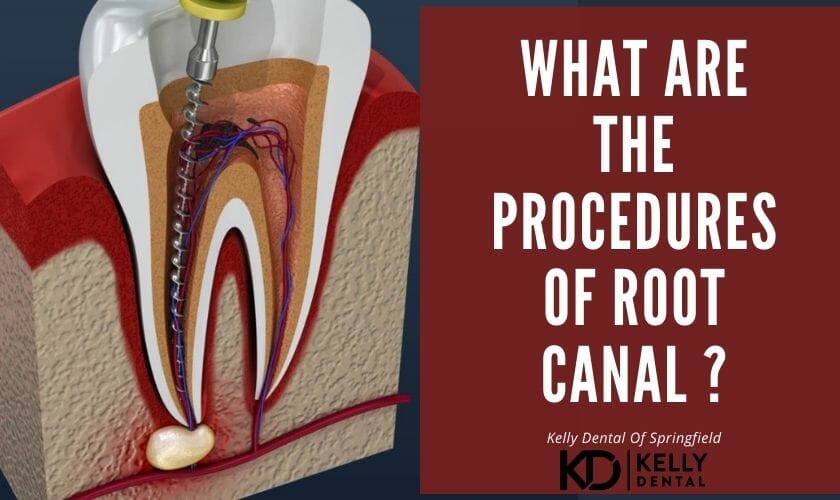A root canal is a process to fix and save a tooth that has been damaged or is infected instead of removing it. As the canals inside a tooth’s root are cleaned, this is called the “root canal.”
Does Root Canal Hurts
Do root canals hurt? They aren’t usually painful because dentists now use local anesthesia to numb the tooth and its surrounding areas before they start. So, you won’t be feeling any sort of pain at all while the procedure is going on, right? If you have a root canal, you might feel a little pain and discomfort for a few days.
It lasts for how long
This is a way to get to the tooth’s root and treat it. These treatments are recommended to help keep the tooth safe. In many cases, the tooth can retreat and last a long time. Root canals are very good at treating infections in the teeth and can often last a long time.
Get a root canal, or have the tooth pulled?
A root canal has a better chance of working than a tooth extraction because there aren’t any long-term problems after the root canal. Root canals are done by dentists to clean and repair a tooth that has become infected. No need to take out or remove the tooth.
Root canals take how many hours?
A root canal generally takes 90 minutes up to three hours. There are times when it can be done in one appointment, but it may need two. If you need a root canal, your dentist or a dentist called an endodontist may be able to help.
When do you need a root canal?
A root canal is done as American Association of Endodontists when the soft inner part of a tooth, called the pulp, gets carious or is infected. The crown of the tooth, which you can see above your gums, can stay in place even if the pulp inside is dead. The best way to keep the tooth’s structure is to remove the pulp that has been damaged or is infected. The pulp can be damaged by many things, like deep decay because of an untreated hole.
A tooth with a chip or crack
If you get hit in the mouth, you might hurt your tooth. Even if the injury doesn’t break the tooth, the pulp can still be injured. The damaged pulp can cause pain in your tooth and swelling, and a feeling of heat in your gums. Your dentist will look at the tooth that is hurting and take X-rays to make sure it isn’t broken. If your dentist thinks you need a root canal, they might send you to an endodontist.
How is a root canal done?
In a dental office, a root canal is done. A technician will help you get into a chair and put a bib around your neck to keep your clothes clean during your appointment.
Anesthesia is the first thing you do in this step
The dentist will put numbing medicine on your gum near the tooth that needs to be fixed. A local anesthetic may be infused into your gums after it has worked its way into your body. This will quickly go away. You might feel something sharp or hot.
As long as you’re awake, the anesthetic will keep you from feeling any pain during the surgery.
Getting rid of the pulp
A small hole can be made on your tooth when your tooth is numb. They’ll use particular tools called files to gently remove the infected or damaged pulp. They’ll be cautious to clean out all of your tooth’s pathways (canals) and make sure they’re all clean.
Antibiotics are the next thing you can look into
Afterward, your dentist may apply a topical antibiotic to make sure there is no infection left and to keep it from coming back, as well. Once the dentist has cleaned and disinfected the canals, they will fill and seal the tooth with a paste called gutta-percha and a rubber-like substance called gutta-percha to ensure the tooth is safe. They may also give you oral antibiotics.
Temporary filler
Soft, temporary material will fill in the small hole at the top of the tooth. This sealant helps protect the canals from saliva.
After you have a root canal, Keep In Touch With Us
Some of your teeth and gums might hurt when the numbing medicine wears off, so be careful. Your gums may also become swollen. Many dentists will tell you to take anti-inflammatory drugs, an over-the-counter pain medicine, to deal with these symptoms.
We hope that reading this blog has given you a better idea of how root canal treatment works. Call Kelly Dental in Springfield, MO, today if you want the best root canal treatment in Springfield, MO.

